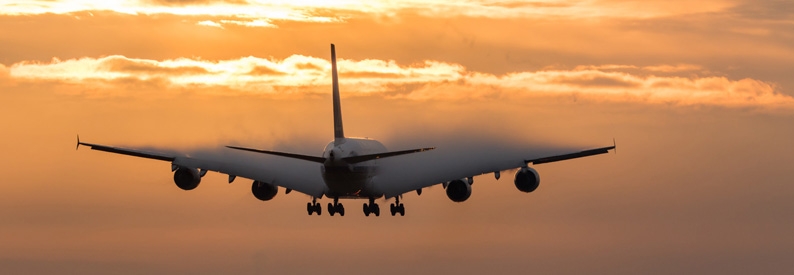Russia’s Airspace Ban Continues to Disrupt Global Flight Routes

Since Russia’s invasion of Ukraine in February 2022, the use of Russian airspace has become one of the most contentious issues in global aviation. Reciprocal sanctions between Russia and Western nations have resulted in extensive airspace restrictions, forcing airlines to take longer, more circuitous routes across Europe and Asia. These restrictions have not only impacted flights to and from Russia but also reshaped major international flight corridors around the world.
Under current sanctions, carriers from the United States, the European Union, the United Kingdom, and several allied nations are prohibited from entering Russian airspace. In response, Russia has banned most Western airlines from flying through its skies, while continuing to allow access to airlines from countries that have not imposed sanctions, including China, India, and some Middle Eastern nations.
Before the conflict, Russian airspace served as a crucial link between Europe and Asia. Carriers such as Lufthansa, Air France, Finnair, and British Airways regularly overflew Russia on routes to Japan, South Korea, and China, saving several hours of flight time and significant fuel costs. The closure of this airspace has forced European airlines to reroute their flights across Central Asia, the Middle East, or the Arctic, adding anywhere from one to three extra hours to long-haul journeys.
These extended flight times have led to increased fuel consumption, higher operating costs, and scheduling challenges for airlines already struggling with post-pandemic recovery and rising expenses. The ripple effects are also being felt by travelers, who face longer flights, fewer nonstop options, and higher ticket prices on affected routes.
In contrast, airlines from countries still permitted to use Russian airspace—such as China Eastern, Air India, and Emirates—enjoy a competitive advantage by offering shorter, more direct routes between Asia and Europe or North America. This disparity has become a growing concern among Western carriers and policymakers, who argue that it creates an uneven playing field in global aviation.
As the war continues with no resolution in sight, industry experts predict that the disruption to global flight paths could become a long-term reality. The ongoing airspace standoff has not only reshaped airline economics but also underscored how geopolitics can dramatically alter the interconnected framework of modern air travel.
Sources: AirGuide Business airguide.info, bing.com
